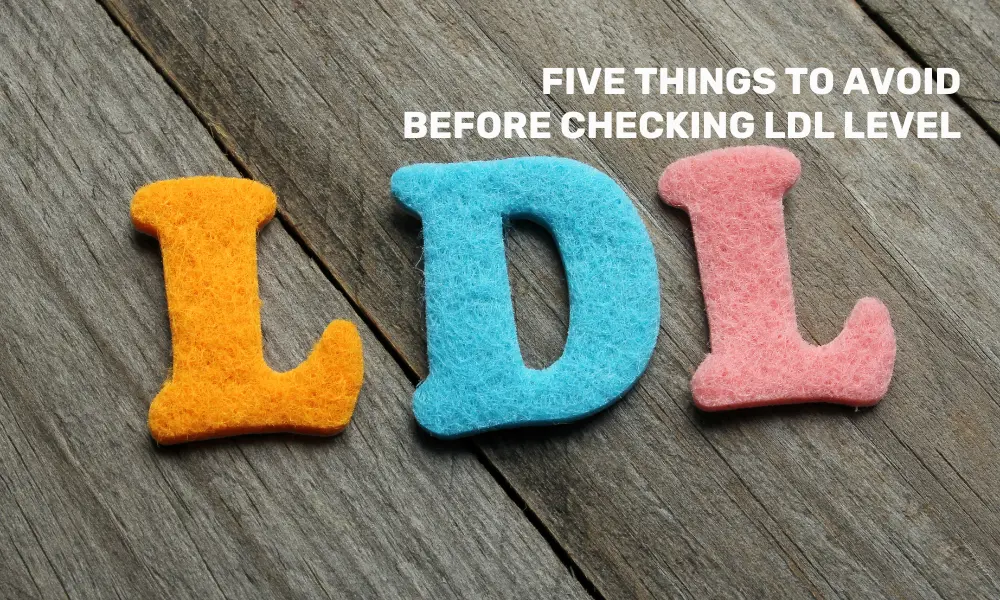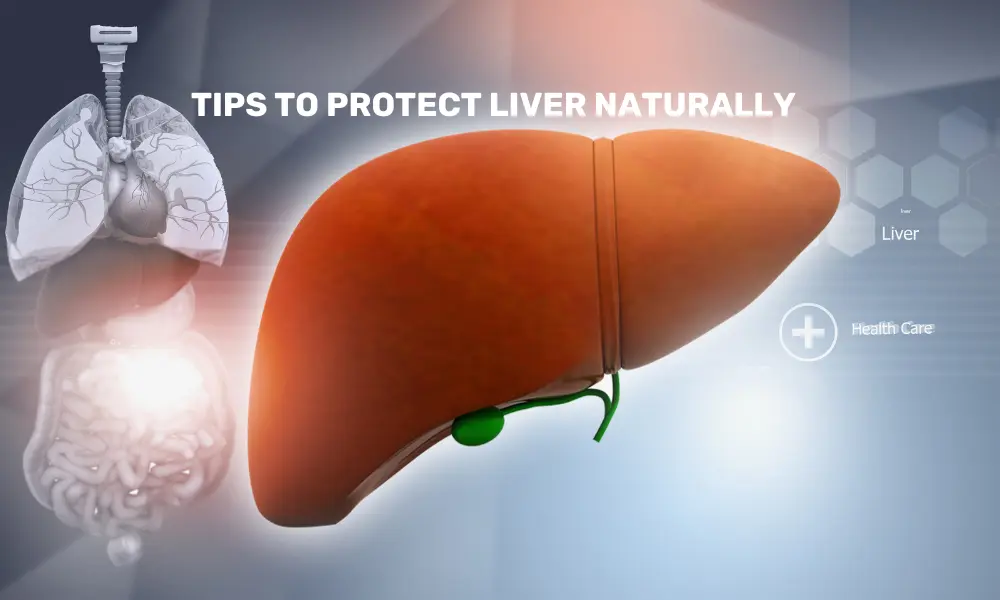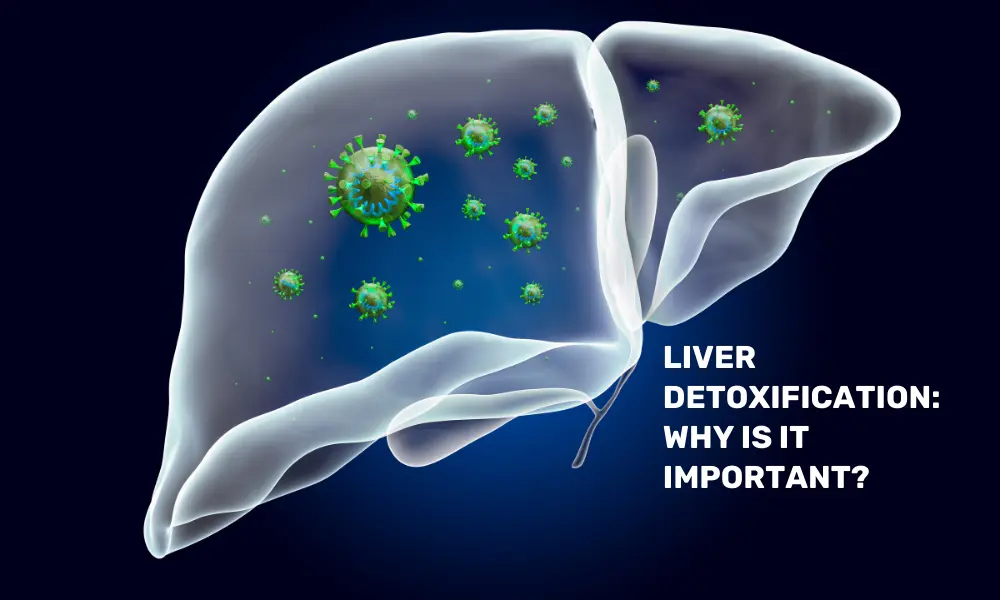High cholesterol is a condition where the cholesterol level in the blood is elevated beyond the normal range. Cholesterol is a wax-like substance found in body cells. It is necessary to produce hormones, vitamin D, and substances that help digest food.
However, when the cholesterol level in the blood becomes too high, it may cause serious health problems. It puts the heart at significant risk, such as heart attack, stroke, or any other heart problem.
Cholesterol is transported in the blood by two lipoproteins: high-density lipoprotein (HDL) and low-density lipoprotein (LDL).
LDL cholesterol is often referred to as ‘bad cholesterol’ as it can cause plaque buildup in our arteries, which may trigger heart disease, stroke, and other cardiovascular problems. On the other hand, HDL cholesterol is considered ‘good cholesterol’ as it helps remove LDL from the bloodstream.
High cholesterol is often called a ‘silent killer’ because it does not cause symptoms in the early stages. The only way to know if one has high cholesterol is to have a blood test done. The National Cholesterol Education Program recommends that everyone over twenty have their cholesterol levels checked every five years.
Risk factors can contribute to high cholesterol
- Family history of high cholesterol
- Certain medical conditions, such as diabetes and hypothyroidism
- A diet high in saturated and trans fats
- Obesity or being overweight
- Smoking or consuming alcohol
- Lack of physical activity
Cholesterol Test: 5 Things to Do Before Checkup
- Fasting: In most cases, doctors suggest fasting 10-12 hours before the test. No herbal teas or food should be taken before a cholesterol checkup, as they may increase triglyceride and LDL levels, further affecting the readings.
- Limit Fatty Food: This is one of the most important factors. Avoid junk food and food high in calories and fat. Dietary choices will have a major impact on cholesterol readings.
- Hydration: Before the cholesterol checkup, maintain the proper hydration level of the body. Dehydration can affect the test results.
- Avoid Alcohol Consumption: Do not consume any amount of alcohol at least 48 hours before the checkup. To get accurate results, it is best to keep away from drinking.
- Stress Management: Stress can significantly affect your cholesterol readings. Forty-eight hours before the test is crucial for optimum readings. Therefore, do not indulge in stressful activities and try to maintain calm.
Having a high cholesterol level can be dangerous for our overall health. Therefore, one must adopt healthy lifestyle changes that can help manage high cholesterol. This may include:
- Maintaining a healthy diet
- Losing weight
- Exercising regularly,
- Quitting smoking,
- Limiting alcohol consumption.
Additionally, a diet high in lean proteins, fiber, fruits, vegetables, and whole grains can help lower LDL cholesterol levels in the blood. Regular exercise can also help increase HDL cholesterol levels and lower LDL cholesterol levels. Further, people having high levels of cholesterol, must get regular testing done to monitor the levels and take required medications.
FAQ on Cholesterol
How much cholesterol is serious?
Total cholesterol levels of 200–239 mg/dl are considered borderline high. Very high levels of LDL are 190 mg/dl and above.
What are the five signs of high cholesterol?
Left-sided chest pain, dizziness, unsteady gait, pressure, fullness, pain in the lower legs, or slurred speech.
Are bananas good for cholesterol?
Fruits like avocados, apples, oranges, and bananas can help lower cholesterol.
What drink reduces cholesterol quickly?
Certain drinks, such as green tea, pomegranate juice, citrus juice, soy milk, plant-based smoothies, and red wine, can help manage cholesterol.
Can cholesterol be cured?
Yes, certain lifestyle changes can help control the cholesterol, these may include:
- Maintaining a healthy diet
- Losing weight
- Exercising regularly,
- Quitting smoking,
- Limiting alcohol consumption.





